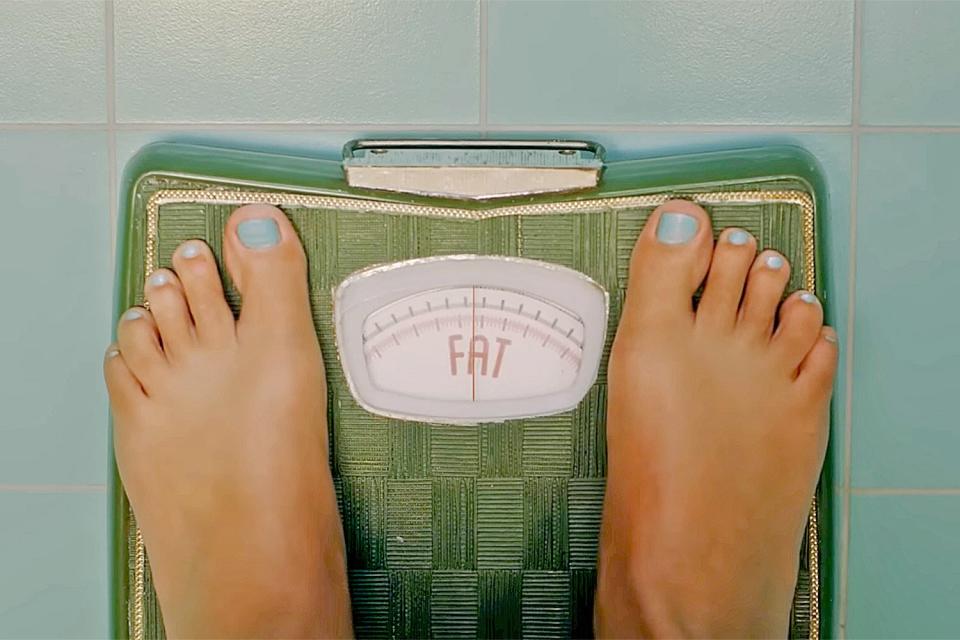
Losing weight is a common goal for many people, but traditional methods such as diet and exercise can be challenging to maintain. Fortunately, there are alternative ways to lose weight without relying on strict diets or grueling exercise routines. Here are some methods that can help you lose weight in a more manageable and sustainable way:
1. Get enough sleep:
Research has shown that getting enough sleep can help regulate hormones that control appetite and metabolism. Aim to get 7-8 hours of sleep each night to keep your body functioning optimally.
2. Stay hydrated:
Drinking plenty of water throughout the day can help keep you feeling full and prevent overeating. Try to drink at least eight 8-ounce glasses of water per day.
3. Eat slowly and mindfully:
When you eat, take your time to savor the flavors and textures of your food. This will help you tune in to your body’s natural hunger and fullness cues, which can help you eat less overall.
4. Reduce stress:
Stress can cause your body to produce cortisol, a hormone that can lead to weight gain. Try to find ways to manage stress, such as practicing yoga or meditation, taking a relaxing bath, or spending time in nature.
5. Get more sunlight:
Exposure to natural sunlight can help regulate your body’s circadian rhythms, which can in turn help regulate your appetite and metabolism. Try to spend some time outside each day, especially in the morning.
6. Eat protein-rich foods:
Protein is a nutrient that can help you feel fuller for longer, which can help you eat less overall. Incorporate protein-rich foods into your meals and snacks, such as eggs, nuts, lean meats, and legumes.
7. Reduce processed foods:
Processed foods are often high in calories, sugar, and unhealthy fats, which can contribute to weight gain. Try to eat more whole, unprocessed foods such as fruits, vegetables, whole grains, and lean proteins.
8. Practice intermittent fasting:
Intermittent fasting involves alternating periods of eating and fasting, which can help regulate hormones that control appetite and metabolism. There are many different ways to practice intermittent fasting, so talk to a healthcare professional before starting.
9. Use smaller plates:
Eating off of smaller plates can help you feel like you’re eating more food, even if you’re consuming fewer calories overall.
10. Get support:
Losing weight can be challenging, so it’s important to have a support system in place. Consider joining a support group or working with a healthcare professional to help you reach your weight loss goals.
Bonus Tip: Use natural supplements:
There are several natural supplements (including herbal extracts) that have been studied for their potential to aid weight loss. Many of these supplements are best used in certain combinations rather than used alone. As luck would have it, there are there are evidence-based natural weight loss supplements available that have been formulated for optimal results. The two that we recommend are JavaBurn (a weight-loss supplement based on research into the diet of the people of the Himalayas) and Quietum Plus (a proprietary formulation of 8 tropical plant nutrients).
Click here to learn more about JavaBurn.
Click here to learn more about Quietum Plus.
Losing weight doesn’t have to involve strict diets or grueling exercise routines. By incorporating these simple lifestyle changes into your daily routine, you can lose weight in a more manageable and sustainable way. Remember to be patient with yourself and celebrate your successes along the way!

Dr. Sarah Miller is widely recognized as an influential leader in the healthcare field, with a career marked by excellence, innovation, and dedication to improving human well-being. Combining exceptional academic knowledge, clinical experience, and a deep commitment to research, she has become a reference in her specialty.






